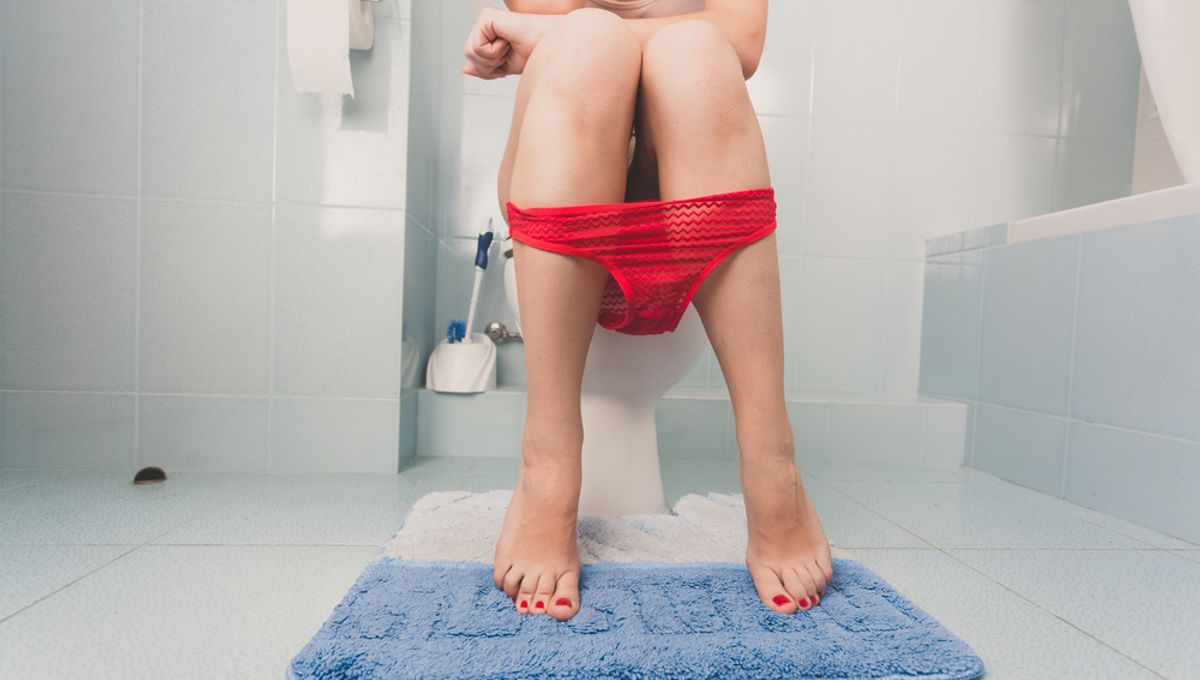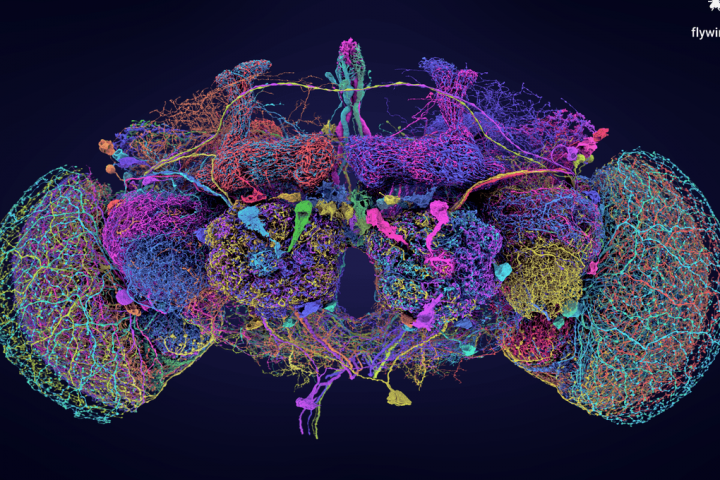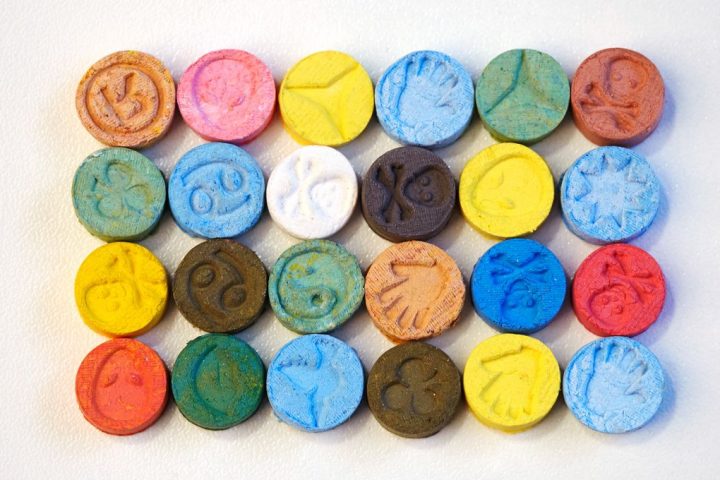The US is currently facing a shortage of polyethylene glycol 3350, the key ingredient in popular laxative products like MiraLAX and Glycolax, according to a report by the Wall Street Journal (WSJ).
In response, some pharmaceutical companies are building new factories to increase production of this highly sought-after compound.
Polyethylene glycol works by drawing water into the stool, making it easier to pass through the digestive system.
However, the WSJ report reveals a concerning trend of people misusing this drug as a “budget Ozempic” for weight loss. This dangerous idea has been fueled by TikTok influencers who promote laxatives as a solution for gut health and shedding pounds.
A clinical psychologist interviewed by the WSJ shared that “at least three out of five new teens” they see each week admit to using laxatives for weight loss.
Misusing laxatives in this way can be incredibly risky and may indicate an eating disorder. Improper use can lead to dehydration, loss of essential nutrients, electrolyte imbalances, and other negative health consequences.
Another contributing factor to the laxative shortage is the aging population in the US. Constipation becomes more prevalent with age, leading to increased demand for laxatives, including polyethylene glycol.
However, there is also a growing demand for laxatives among younger adults. This can be attributed to the unhealthy habits of modern lifestyles, such as consuming processed foods low in fiber, lack of physical activity, and declining mental well-being.
The demand for laxatives spiked during the COVID-19 pandemic. Poorer diets, reduced exercise, and heightened anxiety during lockdowns all contributed to bowel dysfunction, prompting many individuals to rely on laxatives. Even as life returned to some semblance of normality, the dependence on laxatives persisted.
“It’s astonishing to think that our collective bowel issues have become so severe that we’re actually running out of stool softeners,” remarked George Pavlou, President of the Gastroenterology Associates of New Jersey, in an interview with the WSJ.








